By Alhaji Haruna Sani
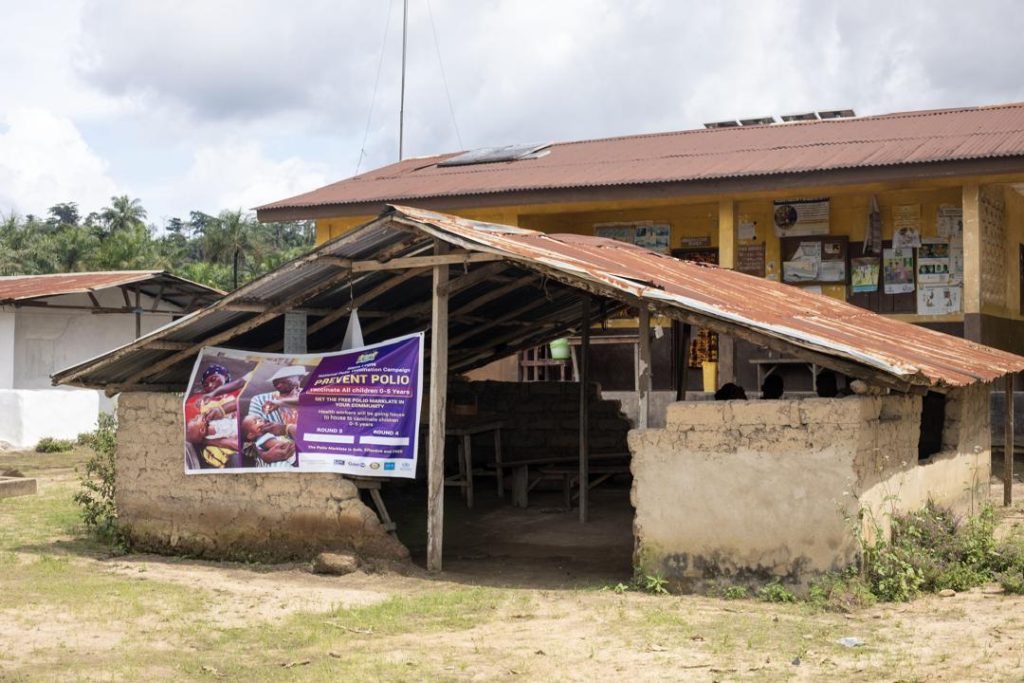
Sierra Leone’s rural healthcare system is in a dire state, plagued by inadequate infrastructure, severe resource shortages, and unsafe waste management practices, according to a recent assessment by SEND Sierra Leone.
SEND-SL engaged the press following its study, which covered 44 public healthcare facilities across six districts, Kailahun, Kenema, Falaba, Kono, Port-Loko and Pujehun highlights critical gaps that threaten the health and safety of millions, especially in rural communities.
Patrick Ayamaga SEND-SL Country Director said their experience with some of the health centre toured was disheartening most of them with deplorable physical structural system, poor wash systems among others.
“Our study was not carried out to criticize anyone but to share to those responsible so they would be aware. Government has been making progress over the years but a lot more needs to be done especially in the rural areas,” Ayamga told the press.
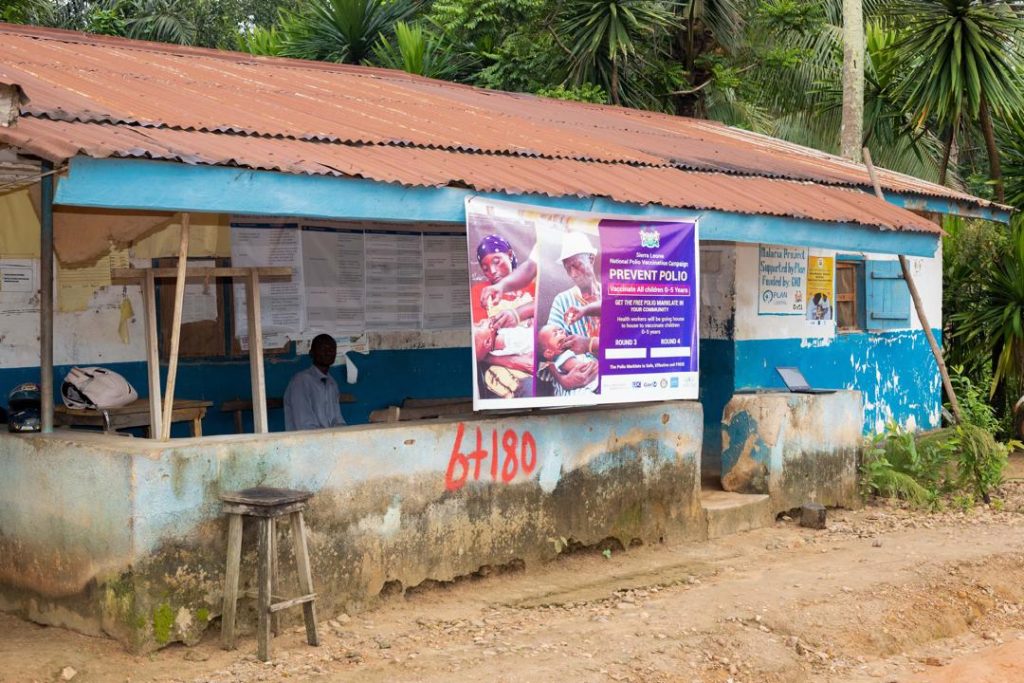
The study revealed alarming structural deficiencies in rural health facilities. Over 91% of facility managers described their buildings as “poor,” citing roof leaks, crumbling walls, and overcrowding.
Shockingly, 65% of the facilities lacked accessibility features such as ramps or handrails, leaving people with disabilities at a disadvantage. Those conditions violate global standards for equitable healthcare access and worsen outcomes for vulnerable groups, such as the elderly and disabled.
Water and Sanitation Crisis
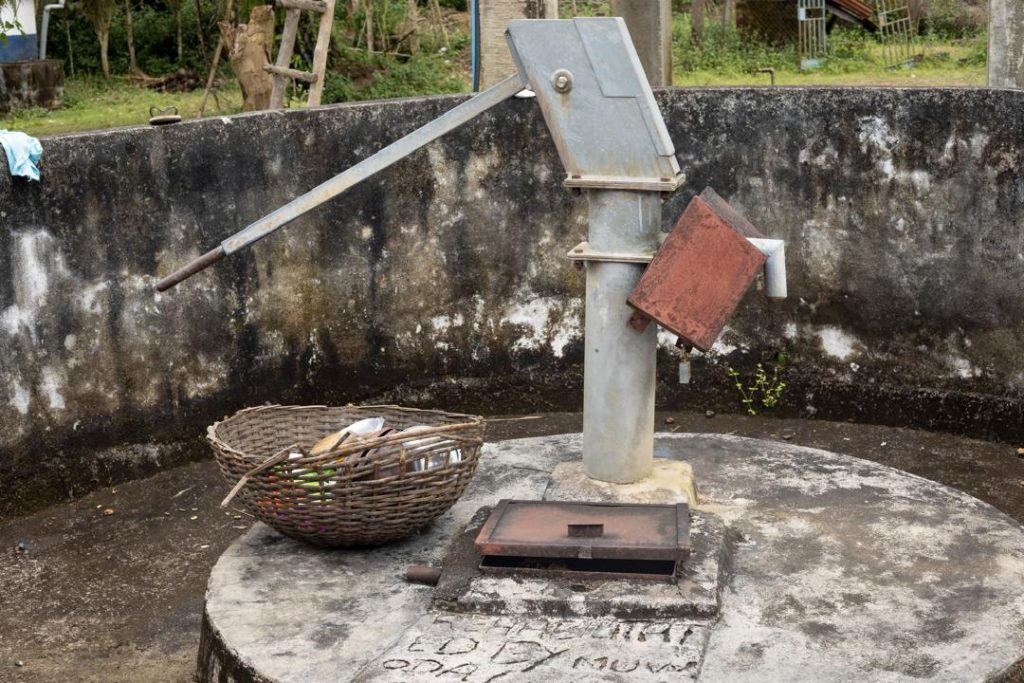

Access to clean water and sanitation is another pressing issue, with only 28% of facilities boasting a reliable piped water supply. The rest depend on unclean or contaminated sources, posing significant health risks.
Additionally, 92% of facilities lack menstrual hygiene management (MHM) infrastructure, which disproportionately affects female patients and staff, often leading to absenteeism and health complications.
Shortages of Medical Supplies and Personnel
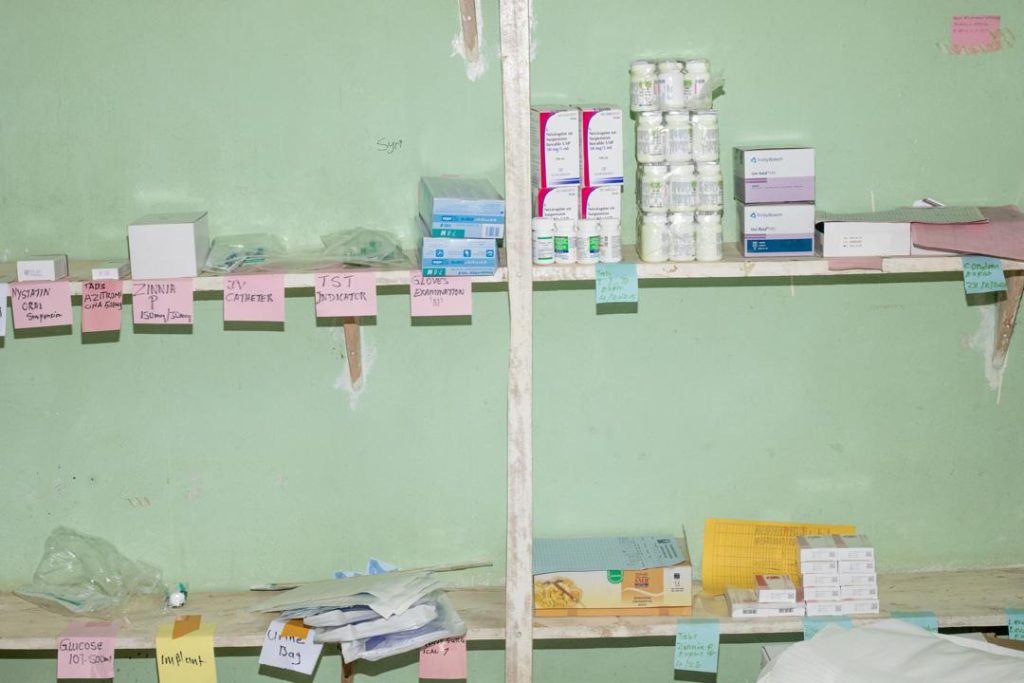
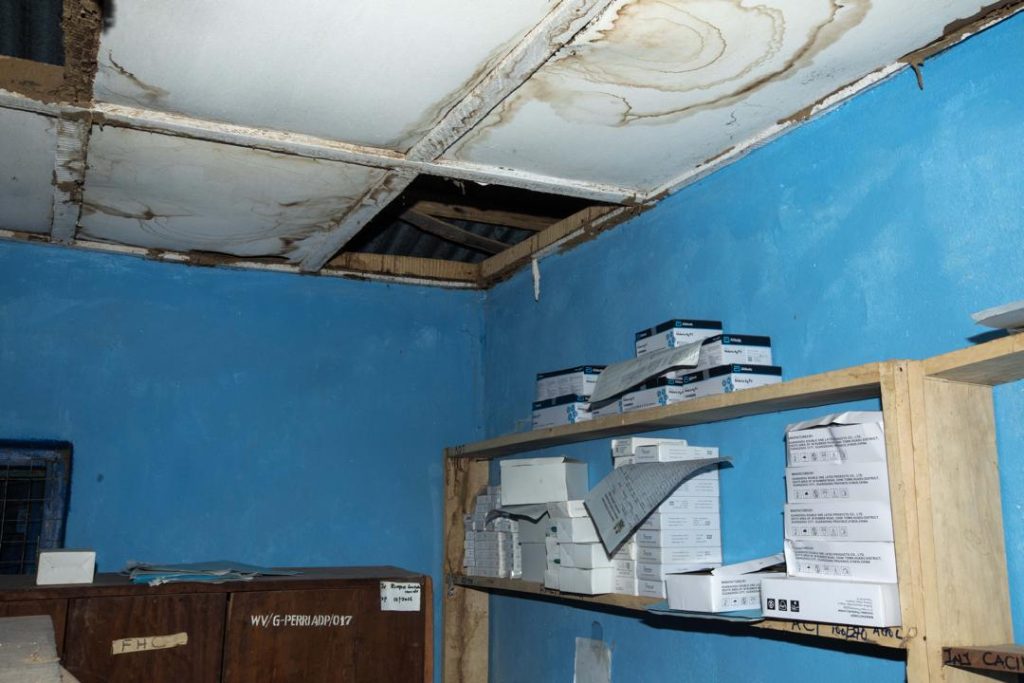
More than 80% of healthcare workers surveyed reported critical shortages of essential medical equipment, including diagnostic tools and medications. Staffing levels are similarly dire, with some facilities relying on just two workers to manage entire communities. Healthcare providers also face a lack of professional training opportunities, further limiting their ability to deliver quality care.
Unsafe Waste Disposal Practices
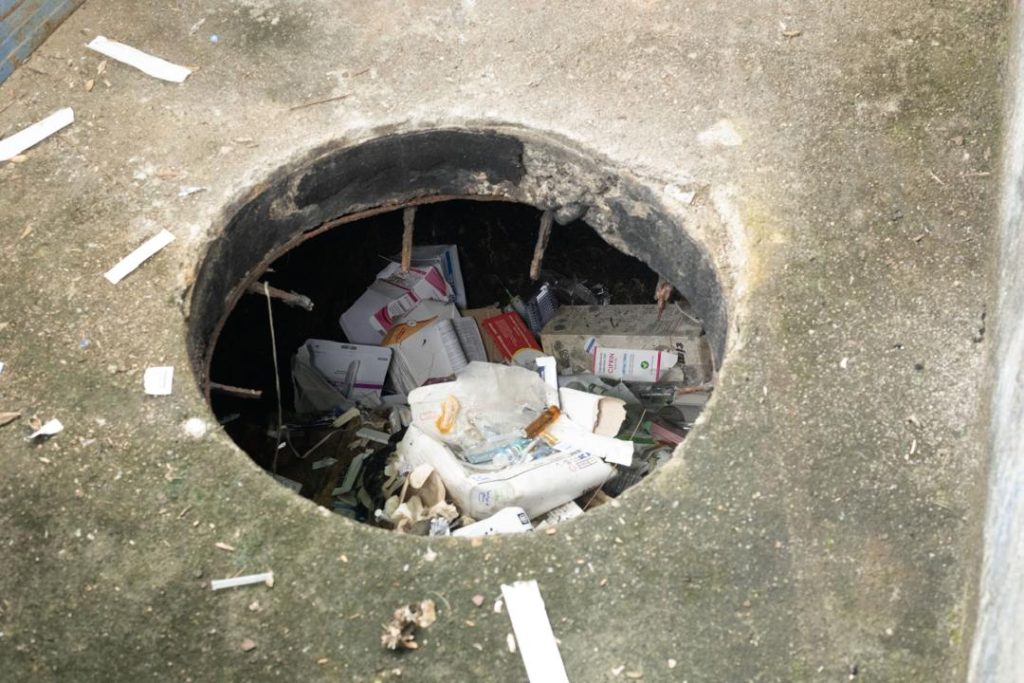

Unsafe waste management was identified as a major health hazard, with many facilities resorting to open burning of medical waste. Only 14% had proper waste segregation systems, putting workers, patients, and local communities at risk of infection and environmental contamination.
SEND Sierra Leone’s call to action
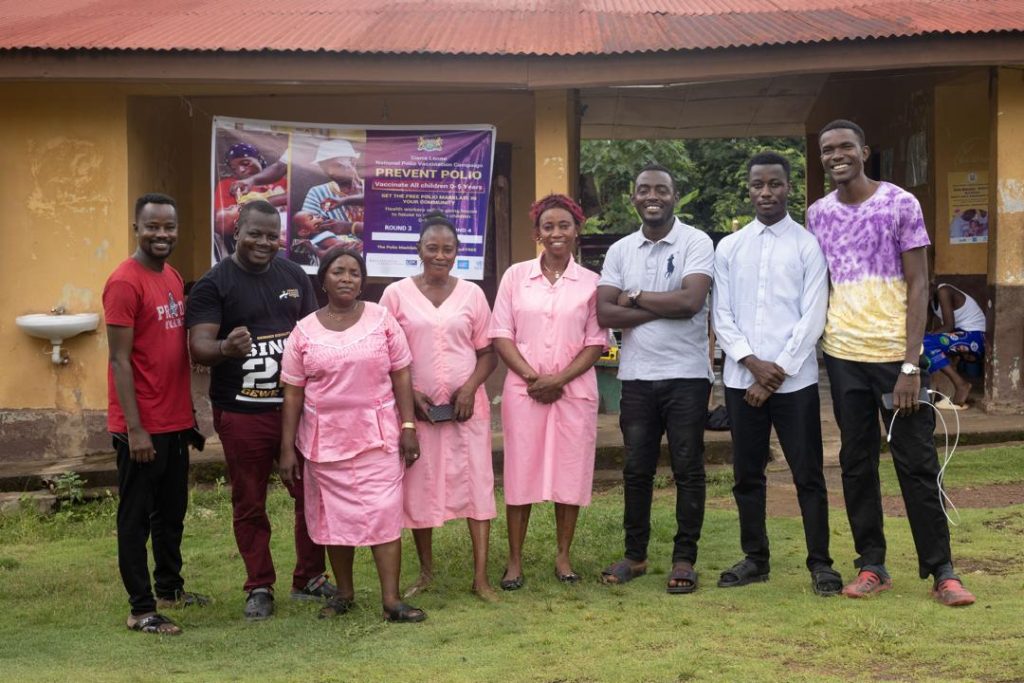
SEND Sierra Leone urges the Government of Sierra Leone, the Ministry of Health, and international donor partners to take immediate action to address those critical issues.
Among its recommendations are for the Government to invest in infrastructure by renovating and constructing accessible healthcare facilities, with reliable water and sanitation systems, boost staffing, training and hiring more healthcare workers and providing continuous professional development.
SEND encourage the Government to ensure medical supplies and establish efficient supply chains to maintain consistent access to essential medicines and equipment.
The Organisation encourage the Government to foster stronger relationships between healthcare providers and communities to rebuild trust and improve service delivery, enforce safe disposal practices and explore environmentally sustainable solutions.
SEND Sierra Leone calls for coordinated efforts between the government, international NGOs, and donor agencies to transform the healthcare landscape and safeguard the health of Sierra Leoneans.


